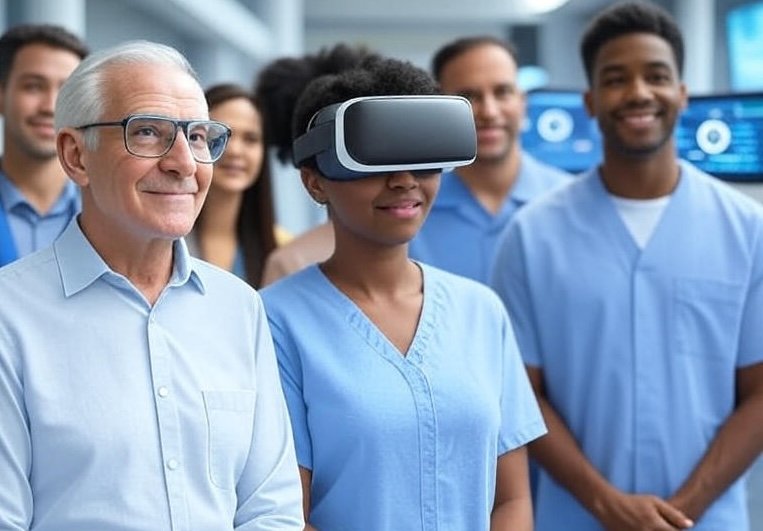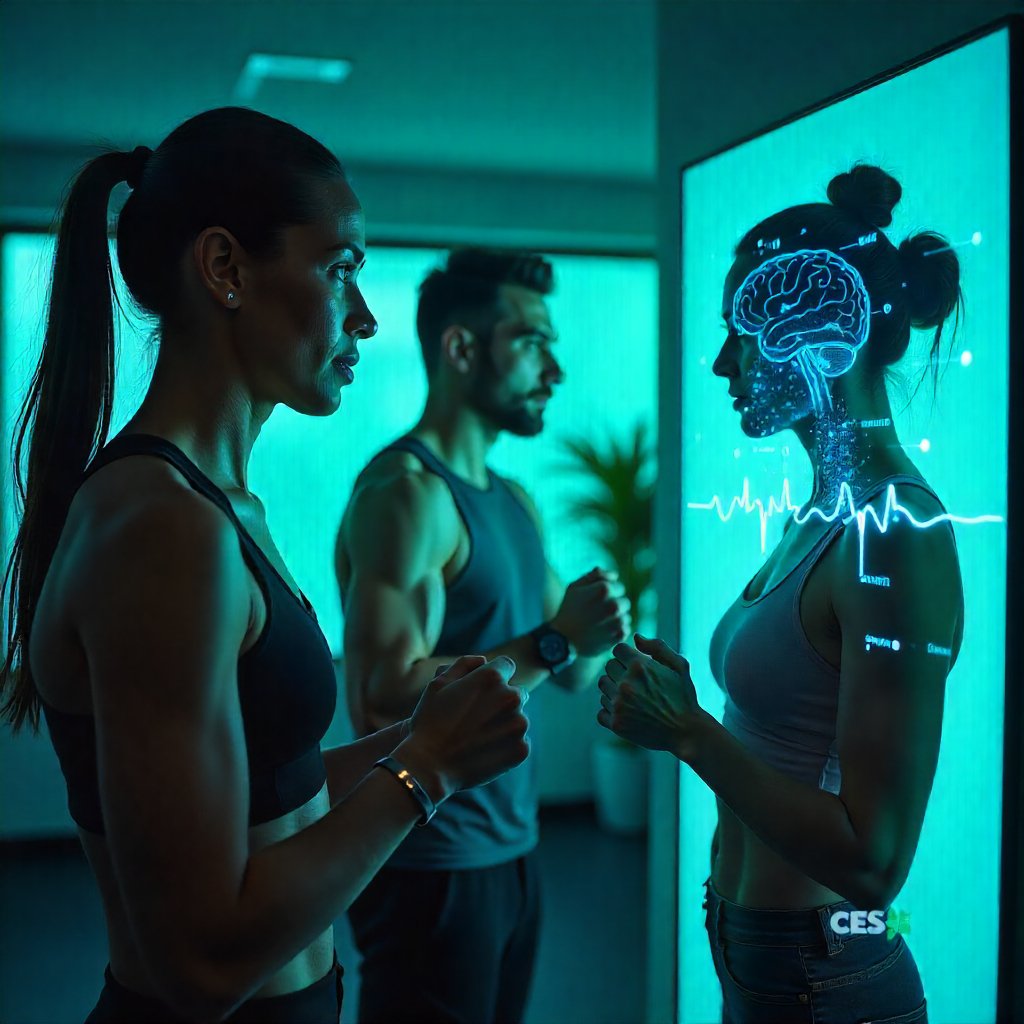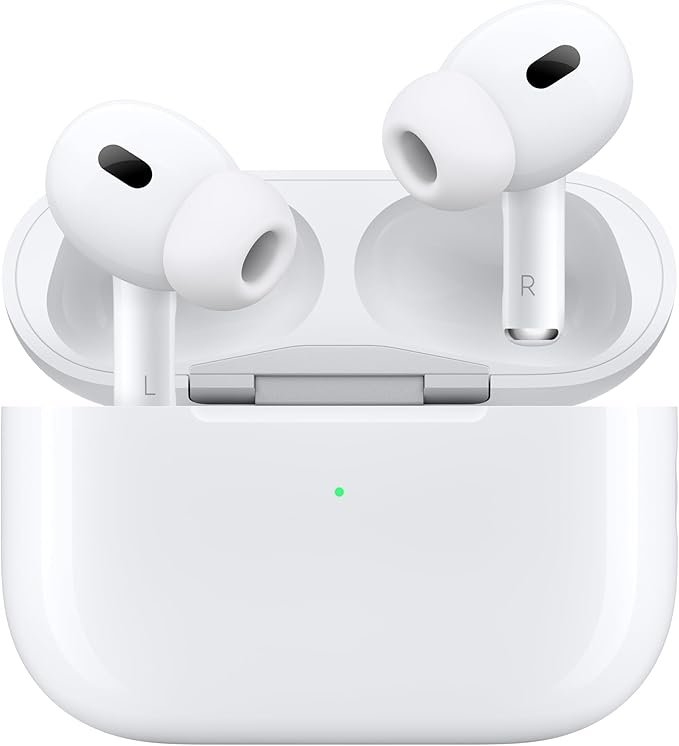As we move deeper into 2025, artificial intelligence (AI) is redefining healthcare, making it smarter, more efficient, and increasingly personalized. From diagnostics to patient care, AI-driven health tech is at the forefront of a wellness revolution. Here’s a deep dive into how AI is transforming the health industry and what it means for the future.
AI-Powered Diagnostics: Precision at Scale
AI is revolutionizing diagnostics by analyzing medical data with unmatched speed and accuracy. Tools like Google’s DeepMind and PathAI can now detect patterns in medical imaging—such as X-rays, MRIs, and CT scans—to identify conditions like cancer, Alzheimer’s, or retinal diseases earlier than traditional methods. In 2025, these systems are integrated into hospital workflows, reducing diagnostic errors and enabling doctors to focus on treatment planning. For example, AI models trained on millions of patient records can predict heart disease risks with over 90% accuracy, catching issues before symptoms even appear.
Personalized Medicine Through Machine Learning
Machine learning, a subset of AI, is unlocking the potential of personalized medicine. By analyzing genetic data, lifestyle factors, and medical histories, AI platforms create tailored treatment plans. Companies like Tempus use AI to match cancer patients with therapies based on their unique genetic profiles, improving outcomes and minimizing side effects. In 2025, this approach is expanding to chronic conditions like diabetes and hypertension, where AI-driven apps recommend diet, exercise, and medication adjustments in real-time.
AI in Mental Health: A New Frontier
Mental health care is seeing a surge in AI innovation. Chatbots like Woebot and Wysa use natural language processing to provide 24/7 emotional support, guiding users through cognitive behavioral therapy (CBT) exercises. Meanwhile, AI-powered wearables monitor physiological markers like heart rate variability to detect stress or anxiety spikes, alerting users to take preventive measures. These tools are making mental health support more accessible, especially for those hesitant to seek traditional therapy.
Challenges and Ethical Considerations
While AI health tech offers immense promise, it’s not without challenges. Bias in AI models—stemming from unrepresentative datasets—can lead to inaccurate diagnoses for certain demographics. Data privacy is another concern, as sensitive health information must be protected against breaches. In 2025, companies are addressing these issues by adopting stricter data encryption and adhering to regulations like HIPAA. Ethical frameworks are also emerging to ensure AI is used responsibly, prioritizing patient trust and equity.
The Road Ahead
The future of AI-driven health tech is bright, with innovations like AI-assisted surgeries and predictive analytics for pandemics on the horizon. As 5G and edge computing advance, AI tools will become even faster and more accessible, bridging gaps in healthcare delivery worldwide. However, ensuring these technologies are affordable and equitable will be critical to their success.
Conclusion
AI is not just a tool—it’s a game-changer for healthcare in 2025. By enhancing diagnostics, personalizing treatments, and democratizing mental health support, AI-driven health tech is empowering both patients and providers. Keep an eye on this space as AI continues to shape a healthier, more connected future. Stay tuned to our tech website for the latest updates on this exciting frontier!








